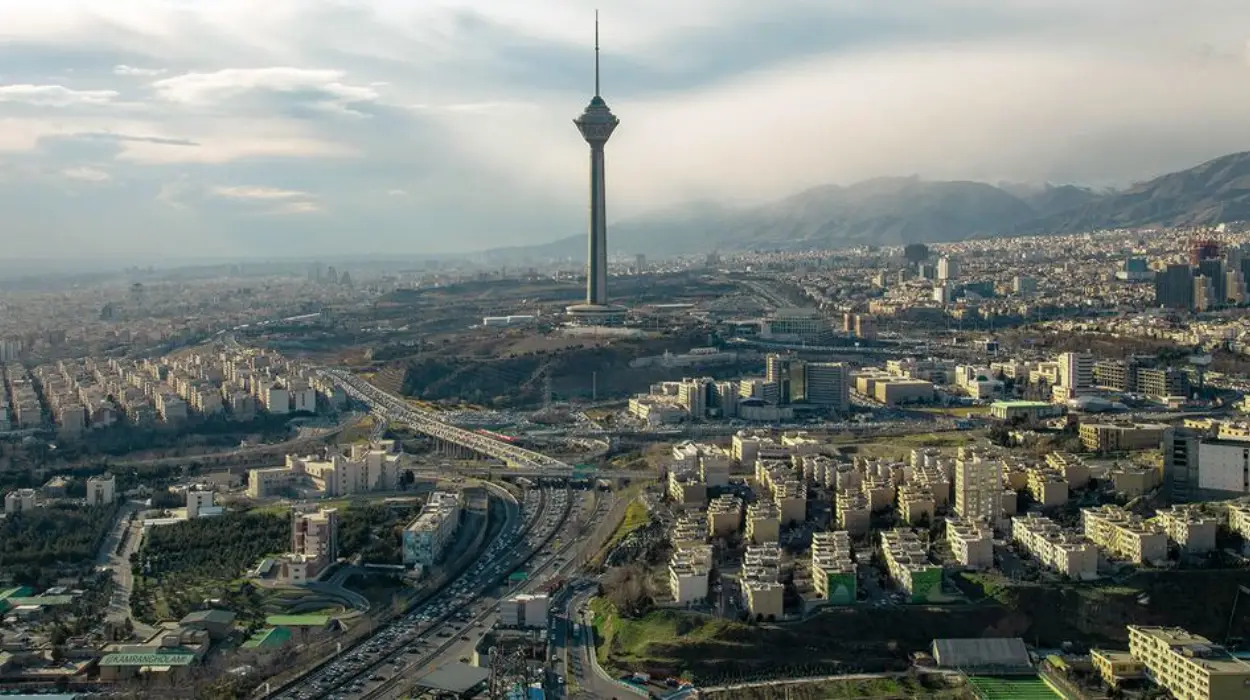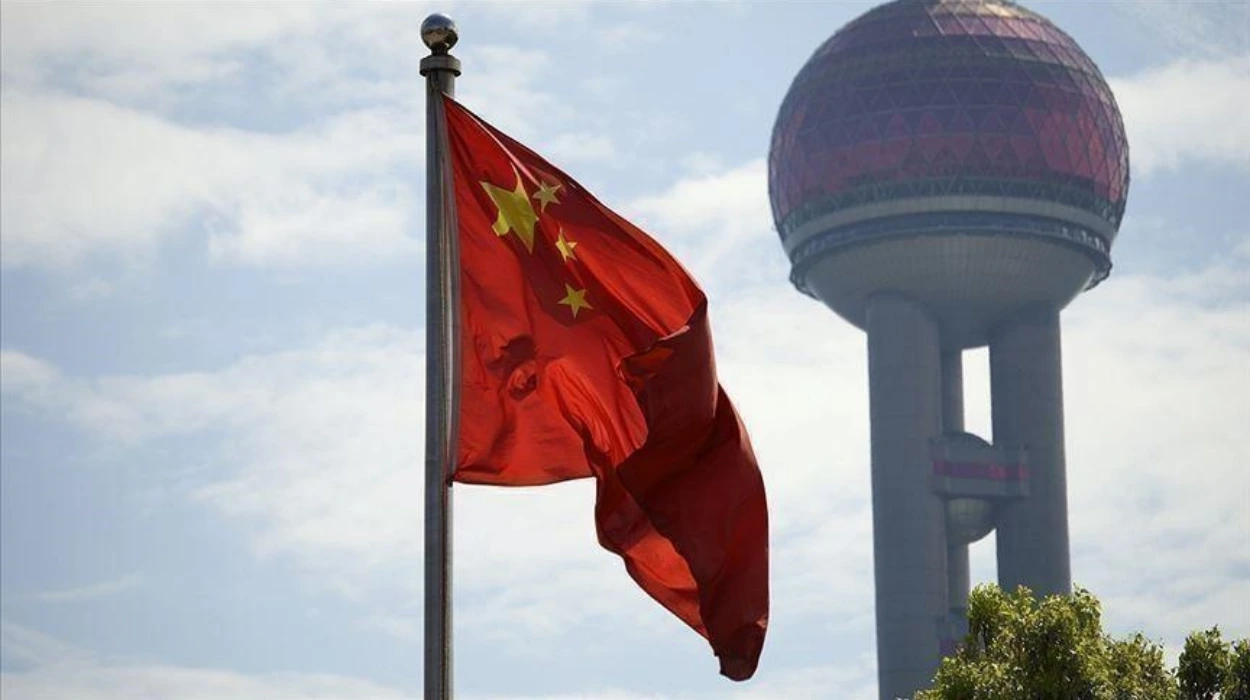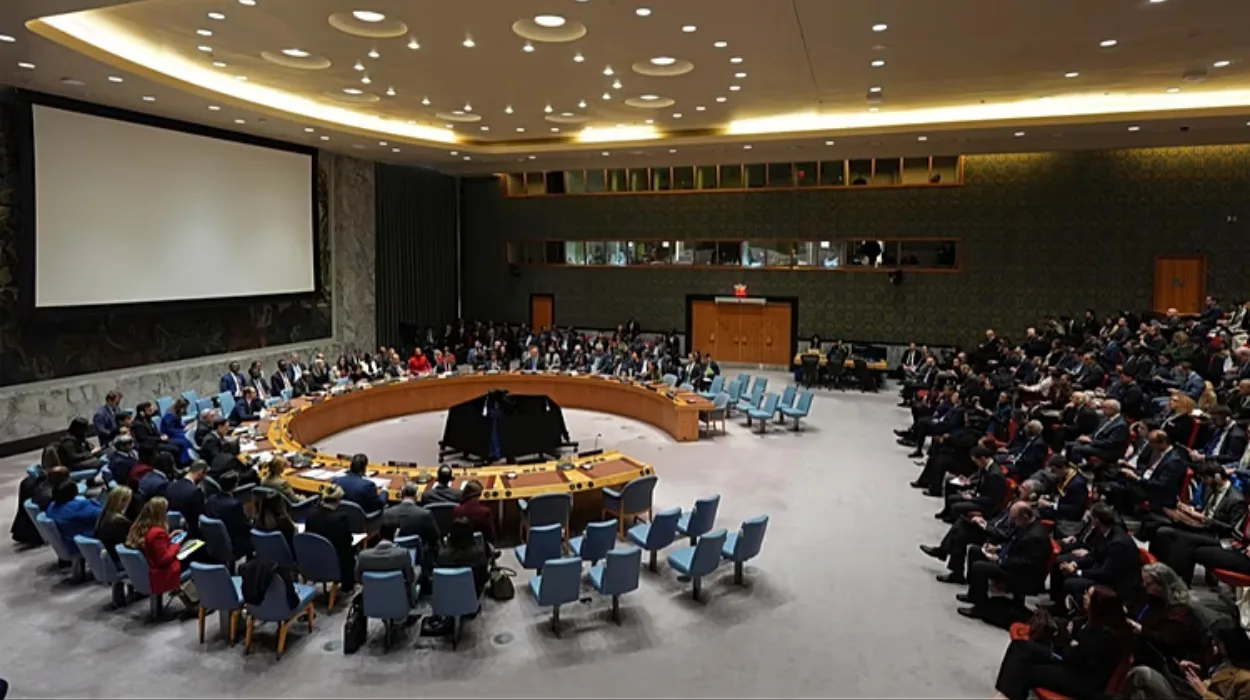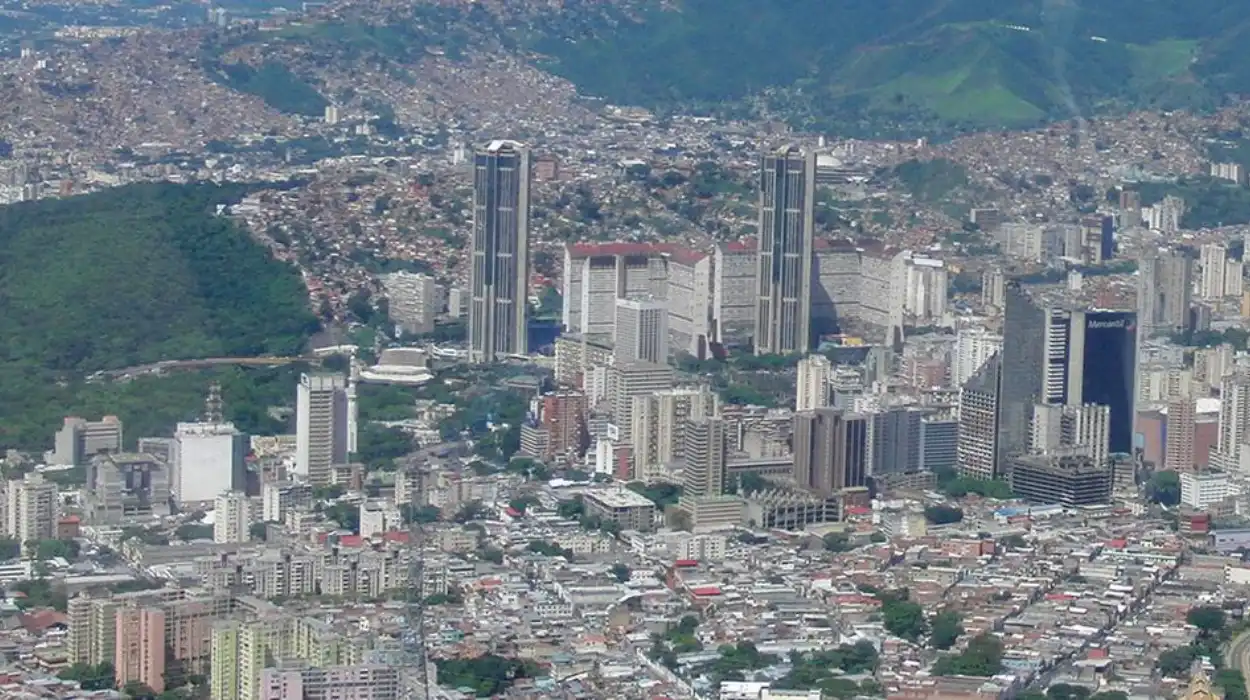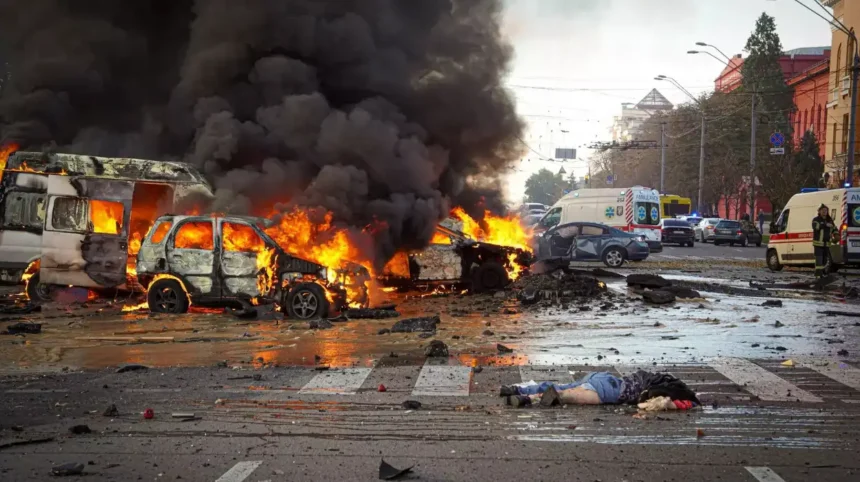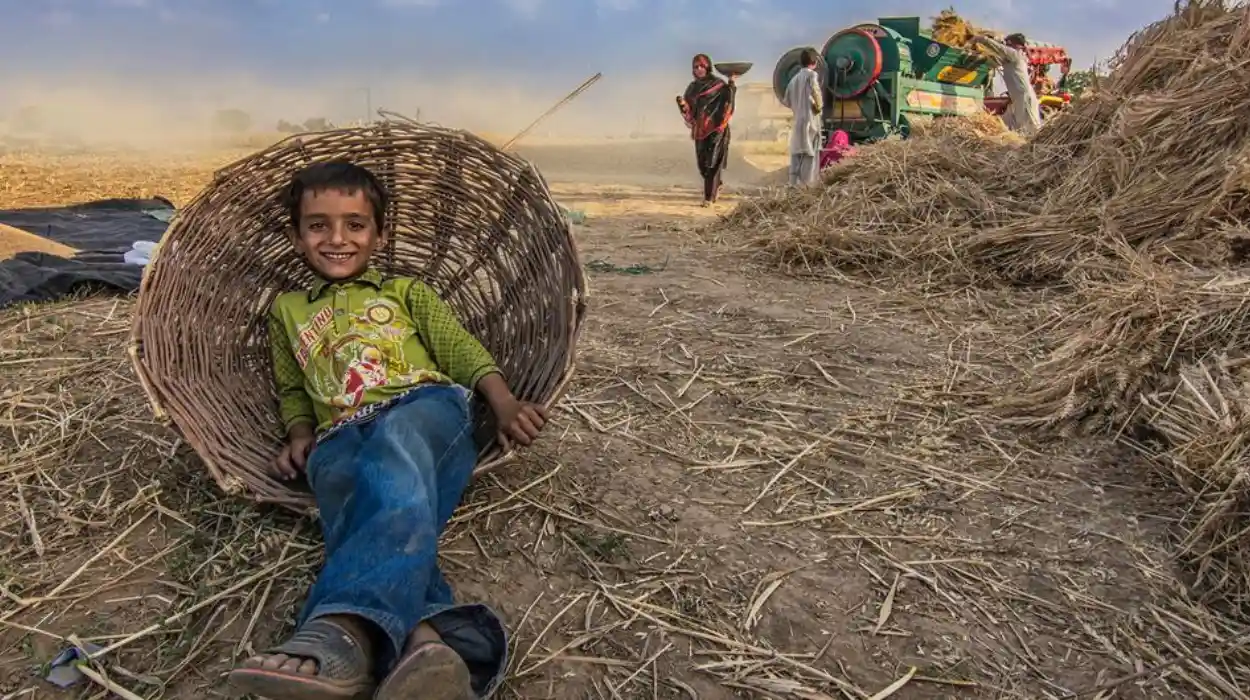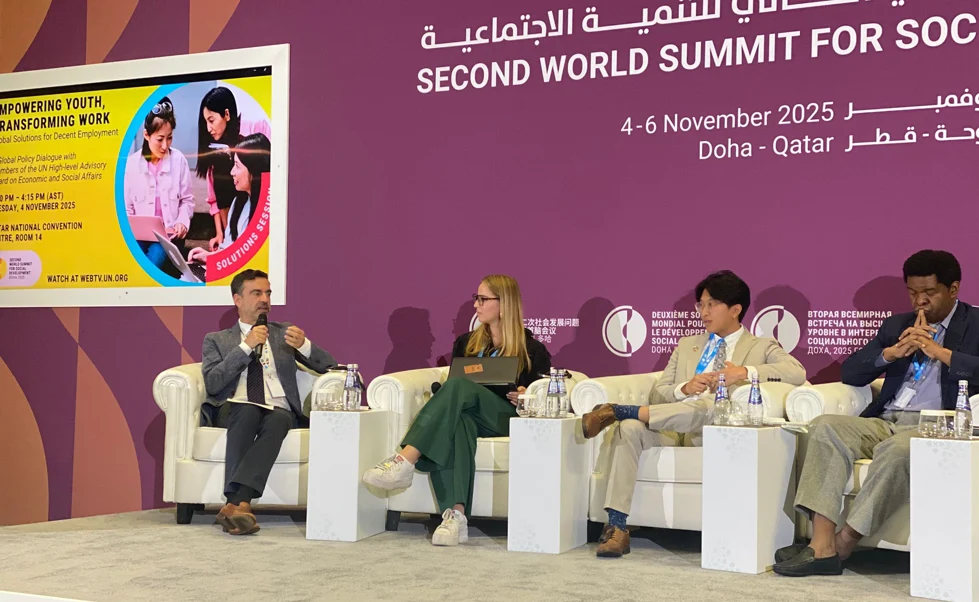The month-long United Nations Independent International Commission of Inquiry’s trip to Ukraine in November 2025 was a crucial moment in the global struggle for justice during one of the 21st century’s longest-running conflicts. Taking place from November 2nd through the 6th, the mission provided the investigators with fresh access to areas of interest and witnesses, all of which had been limited due to their prior observations for over a year. The reports of violations returned with findings that displayed patterns of atrocities that this Commission found to be systematic and coordinated, mostly involving former Less Than Lethal munitions stationed by the Russian military and activities by their linked state “globally insurgent” commercial companies in the region as well.
“The count of violations gathered during this visit were, in many instances, reports of unimaginable suffering in homes that were destroyed, families or friends were killed, in lives that were ruined.” His quotations summarized the broad amount of human loss and experience gained from individuals in a similar local context, while still upholding the Commission’s larger order of influencing a facts basis and legal grounds for accountability. The ongoing work of the inquiry is part of an ongoing legal process aimed at identifying violations of international humanitarian law, documenting it, and verifying through International standard processes exploring the extension of universal jurisdiction wherever possible.
By early November 2025, the humanitarian impact of the conflict remained catastrophic. The continued presence of the inquiry demonstrated the UN’s commitment to securing an international record of events at a time when Russia’s continuous denial of responsibility and curtailed media access made it difficult for the world to have a clear understanding of conditions on the ground.
Documented Violations and Evidence of Atrocities
According to the new report of the Commission to the UN General Assembly, there are a variety of deliberate attacks on civilians, and all of them are breaches of the Geneva Conventions. Researchers reported the extensive deployment of drones and missiles to residential buildings in Kyiv, Kherson, and Dnipropetrovsk that had significant civilian casualties, as well as the destruction of infrastructure. The results of the analysis of the satellite imagery, witness testimonies and forensic evidence prove that those attacks were not accidental but a part of a military plan aimed to terrify the civil population.
Indiscriminate Attacks and Forced Displacement
The mass displacement has been caused by the drone attacks in the frontline places destroying schools, hospitals, and residential buildings. The investigation indicates that numerous assaults were carried out with close quarters ground operations to de-populate conflict zones and destroy the morale of the civilians. The Commission states that such a course of action is war crimes under international law and, in the case of Russia invading occupied territories, could be crimes against humanity.
Torture, Detention, and Sexual Violence
Besides the physical destruction, the report reports psychological and physical torture in the Russian-controlled detention centers. Electric shocks, beatings, and threats of execution were described by the survivors, who frequently treated them with the purpose of obtaining false confessions or to intimidate the local communities. Several cases of sexual violence against women and men were also documented, which is also reflective of the material of the past UN investigations since 2022. The Commission noted that these abuses were not isolated but constituted a system of repression and intimidation as an institution.
Acknowledging Limited Ukrainian Violations
Although the report lays the blame on Russian forces by far, it also mentions the occasional abuses committed by the Ukrainian authorities, especially concerning the mistreatment of people suspected of collaborating with the occupying powers. Nonetheless, researchers observed limited access to locations of detentions under the control of Ukrainian forces, which did not allow them to perform a complete evaluation.
International Legal Ramifications and Accountability Challenges
The results of the inquiry support the conclusions that the actions of Russia in Ukraine contravene several principles of international humanitarian law, such as the protection of civilians in the Fourth Geneva Convention. The report places a legal and a moral obligation to the international community to seek accountability mechanisms by framing the violations as war crimes and crimes against humanity.
Constraints Within the UN Framework
Geopolitics still thwarts legal redress despite the overwhelming evidence. The presence of a permanent seat and a veto in the UN Security Council by Russia means that Russia cannot be referred to the International Criminal Court using the normal avenue. This stalemate compels the international community to use other systems like the Atrocity Crimes Advisory Group of the European Union and the Core International Crimes Team of the Europol in gathering and storing the evidence that can be used in prosecuting them in the future.
The Role of National and Hybrid Courts
Similar studies in Ukraine, as well as in various jurisdictions of Europe have progressed under the concept of universal jurisdiction, where courts may prosecute gross infractions of human rights, irrespective of the location. However, the task is not easy: how to make these legal processes go beyond mere token gestures as to political will, resources and coordination. The Commission emphasizes that accountability should not be based on documentation but on accountable judicial outcomes.
Beyond Legal Justice: Reparations and Psychological Support
Reparative measures are also emphasized by the report as programs of compensation and mental support of victims and survivors were recommended. The Commission reinforces this by defining psychological recovery as a component of justice to demonstrate that the process of healing goes beyond what the law holds individuals accountable to beyond restoring communities devastated by violence.
The Broader Human and Geopolitical Impact
According to the Report given by the Commission, the atrocities are a part of a broader humanitarian crisis in which more than 13 million Ukrainians have been displaced, including 8 million European-based refugees. Housing, schools, and health systems destruction is further degrading social stability, and specific attacks on power systems and water facilities further undermine the survival of the civilian population.
Shaping Global Perceptions and Policy
These revelations have supported the established narrative of international aggression by the Russians and have bolstered the demand to enforce and expand sanctions. The UN findings have been used by the Western governments to justify a new defense assistance to Kyiv in 2025, such as more advanced air defense systems and long-range precision armory. Concurrently, the humanitarian organizations in the world caution that the use of military solutions may overwhelm the need to provide post-trauma treatment and resilience of civilian populations.
The United States and the Question of Human Rights Leadership
The inquiry also intersects with ongoing debates about global accountability norms. The United States’ 2025 decision to suspend its participation in the Universal Periodic Review, an international mechanism assessing national human rights records, has raised questions about Western consistency in upholding multilateral human rights principles. Analysts suggest that such moves could undermine collective legitimacy when calling for accountability in other nations, including Russia.
Implications for Future Monitoring and Policy
Ensuring continued international oversight will be essential as the conflict enters its fourth year. The UN Commission’s limited access to occupied territories underscores the need for stronger mechanisms that can operate independently of state consent. Expanding monitoring mandates, integrating AI-based verification of satellite imagery, and supporting local documentation networks could substantially enhance future evidence collection.
Integrating Justice With Post-Conflict Reconstruction
The policy experts support a justice process that would be similar to that of Ukraine rebuilding. Handling the issue of housing loss, healthcare gaps, and trauma recovery will play an important role in restoring trust in government bodies. The inclusion of survivor accounts in the local memorialization efforts can also facilitate making the human cost of the war fit into neither a forgetting nor a politicization process.
The Path Ahead for Global Accountability
The case of Ukraine by the Commission suggests the potential as well as vulnerability of international justice. Although crime documentation provides a foundation to the subsequent prosecution, it only takes the political will, coordination, and protection of the witness bearers to be sustained in order to ensure true accountability. The dynamic battle in 2025 will still tell whether the global institutions will be able to administer justice on the fly or just be able to write history after it is too late.
The case of the UN investigation of Russian violations of war in Ukraine highlights that responsibility is not only a notion of the law but also a moral and institutional challenge to the international order. These findings are not only evidence, but also warning: as the war escalates and the humanitarian cost increases, unless effective means are put in place to promote justice, the values of human rights become as frail as the lives they are intended to secure.


